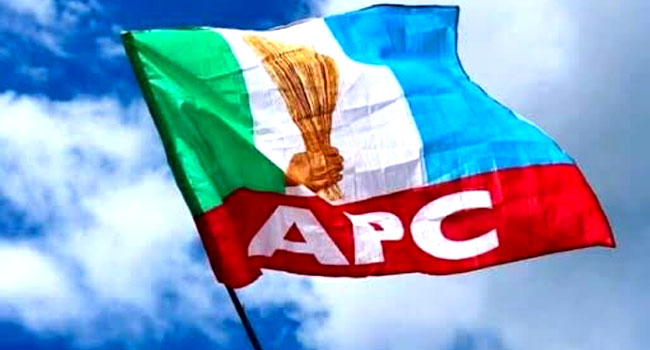The United Action for Democracy (UAD), a pro-democracy group, has raised serious concerns about the conduct of the All Progressives Congress (APC) primaries for the upcoming local government elections in Lagos State, scheduled for July 12th. These primaries, designed to select candidates for the chairmanship and councillorship positions across the state’s 20 local government areas and 37 local council development areas, have been marred by allegations of manipulated outcomes and imposed candidates. The UAD argues that these irregularities not only undermine local government autonomy and democratic principles but also pose a significant threat to the integrity of future elections, including the 2027 general elections.
The core of the controversy revolves around the method employed for the primaries, which involved a combination of indirect elections and consensus-based selections. This approach, according to the UAD, created an environment ripe for manipulation by influential party stakeholders. Aggrieved aspirants and party members in several council areas, including Lagos Mainland, Yaba, Somolu, Bariga, Orile-Agege, and Agege, have voiced strong protests against what they perceive as the imposition of predetermined candidates, effectively disenfranchising eligible voters and stifling genuine democratic competition. While the APC executives deny these accusations, the persistence and scale of the protests underscore the depth of discontent within the party’s ranks.
In response to the mounting pressure and public outcry, the APC established an appeals committee tasked with investigating the grievances arising from the primaries. Headed by the Attorney General of Lagos State and Commissioner for Justice, Lawal Pedro (SAN), the committee aims to address the concerns of aggrieved members and, presumably, rectify any irregularities discovered. However, the UAD remains skeptical about the effectiveness of this internal review process, viewing it as potentially insufficient to address the systemic issues at play.
The UAD’s primary demand is a comprehensive and independent investigation into the conduct of the primaries. They argue that a thorough examination of the process is crucial to determine the extent of the alleged manipulations and to restore public confidence in the electoral process. The group warns that failure to conduct such an investigation will not only perpetuate the erosion of democratic norms within the APC but also further alienate Nigerian citizens from participating in future elections. This disengagement, they fear, could have serious repercussions for the 2027 general elections and beyond, undermining the foundations of democratic governance in the country.
Central to the UAD’s argument is the principle of local government autonomy. They contend that the alleged interference by powerful party figures in the selection process undermines the ability of local communities to choose their own representatives. This interference, they argue, not only disempowers local populations but also deprives them of the opportunity to participate meaningfully in governance at the grassroots level. The UAD insists that true democracy requires genuine grassroots participation and the empowerment of local communities to shape their own destinies.
The UAD’s call for investigation and democratic reform extends beyond the immediate context of the Lagos local government elections. They see the current situation as a microcosm of broader challenges facing Nigerian democracy, including the influence of powerful political elites, the manipulation of electoral processes, and the suppression of dissenting voices. They urge all advocates for democratic principles, both within Nigeria and internationally, to join their struggle against these anti-democratic forces and to work towards a more just and participatory political system. The UAD’s appeal underscores the importance of vigilance and collective action in safeguarding democratic values and ensuring that the will of the people is truly reflected in the electoral process. They believe that the future of Nigerian democracy hinges on the ability of citizens to actively participate in shaping their political landscape and holding their elected officials accountable.


